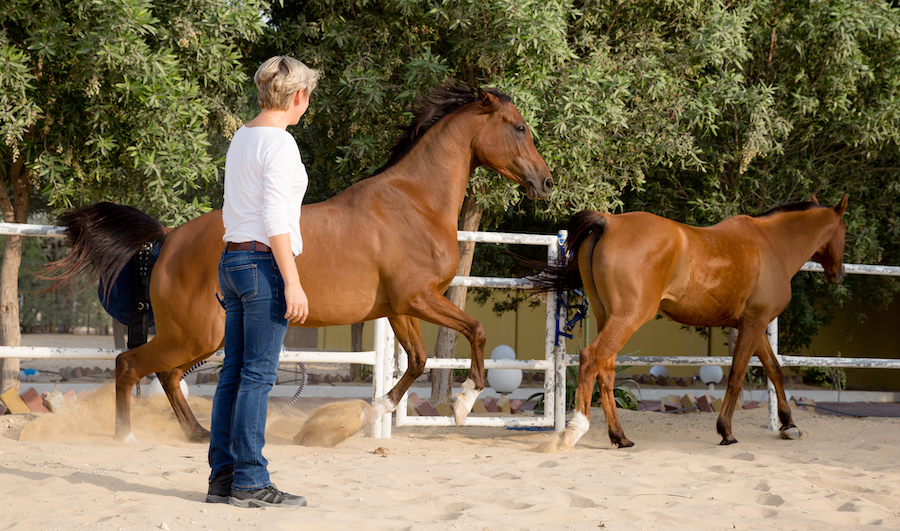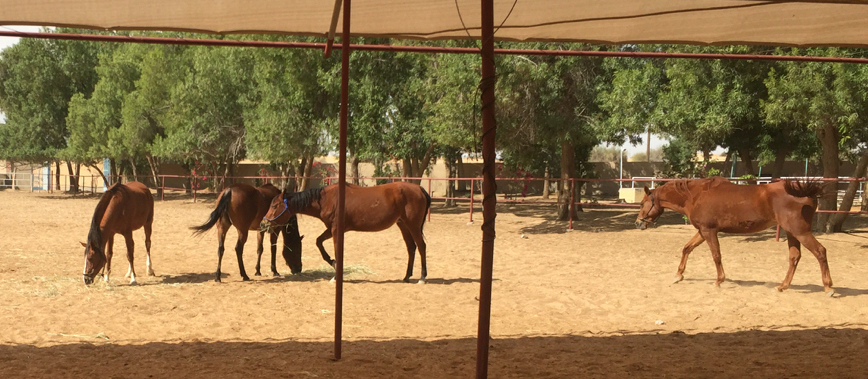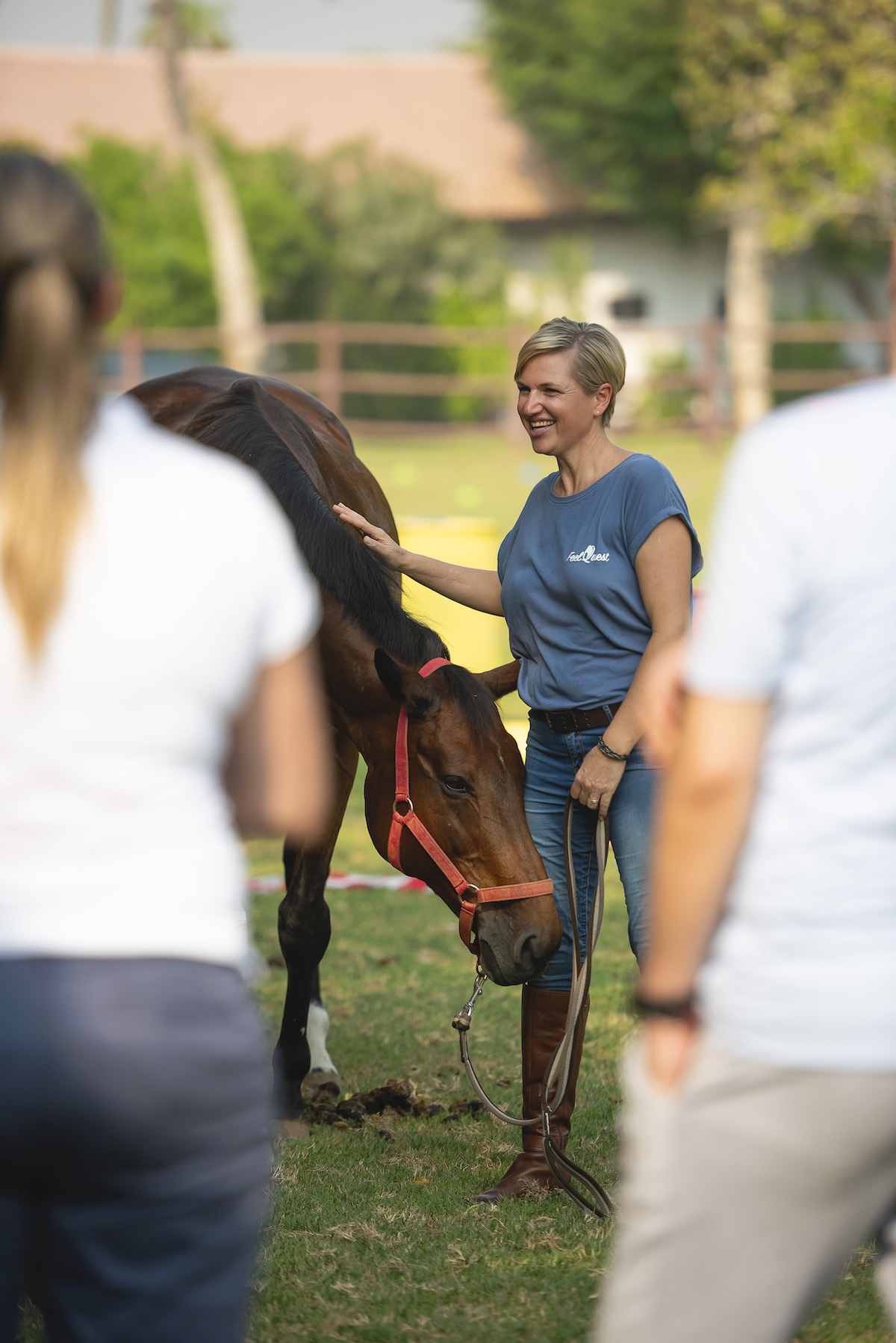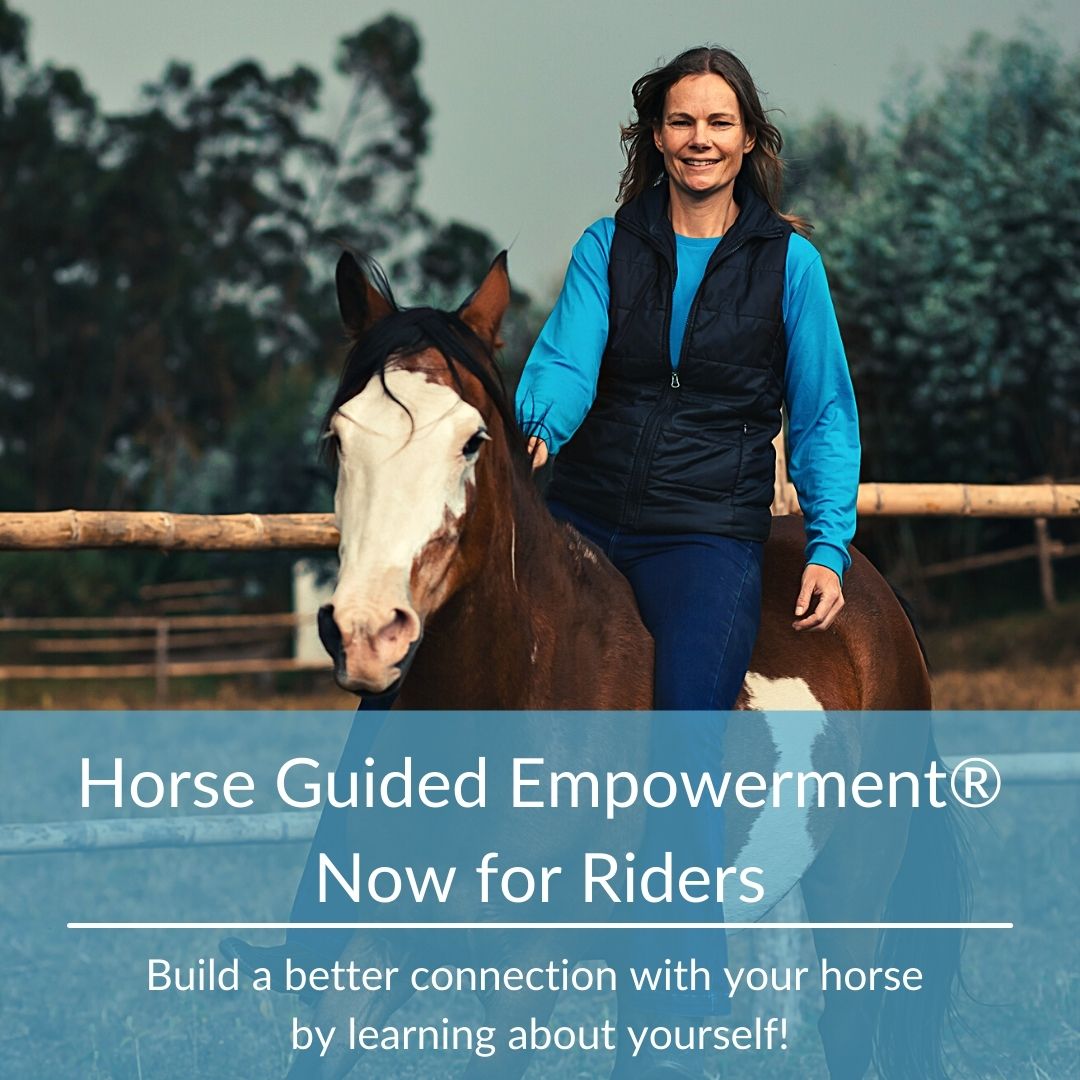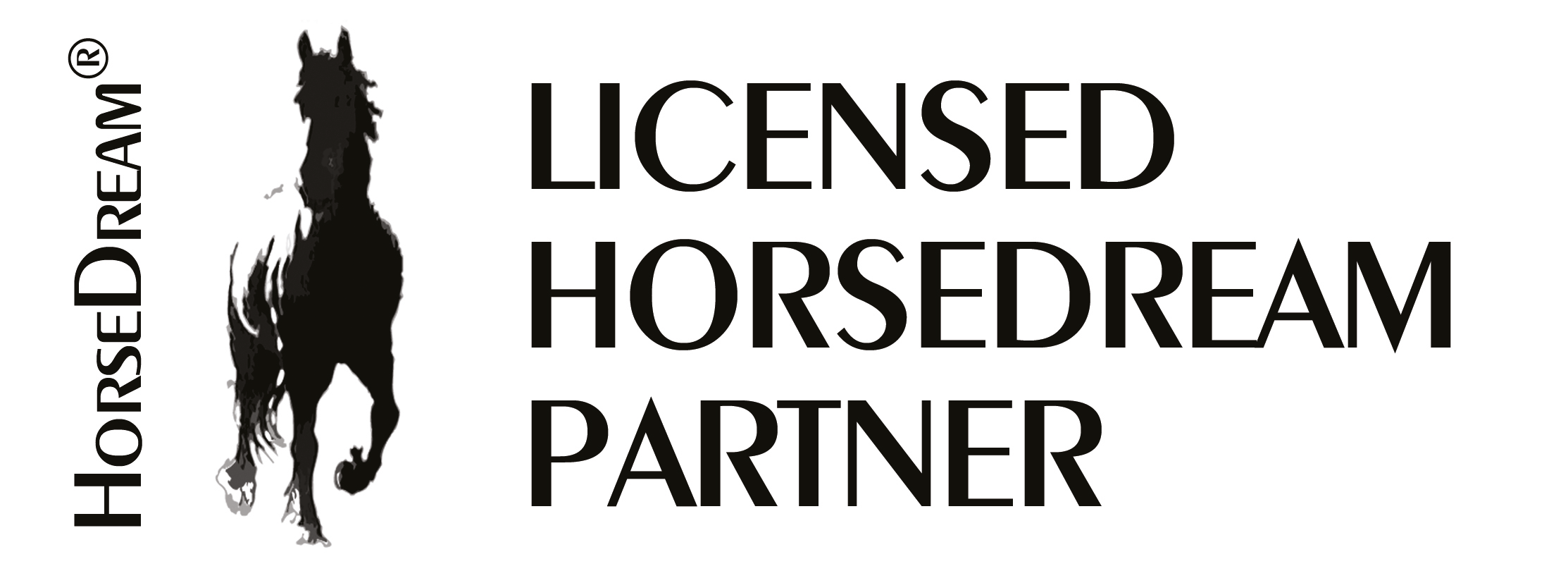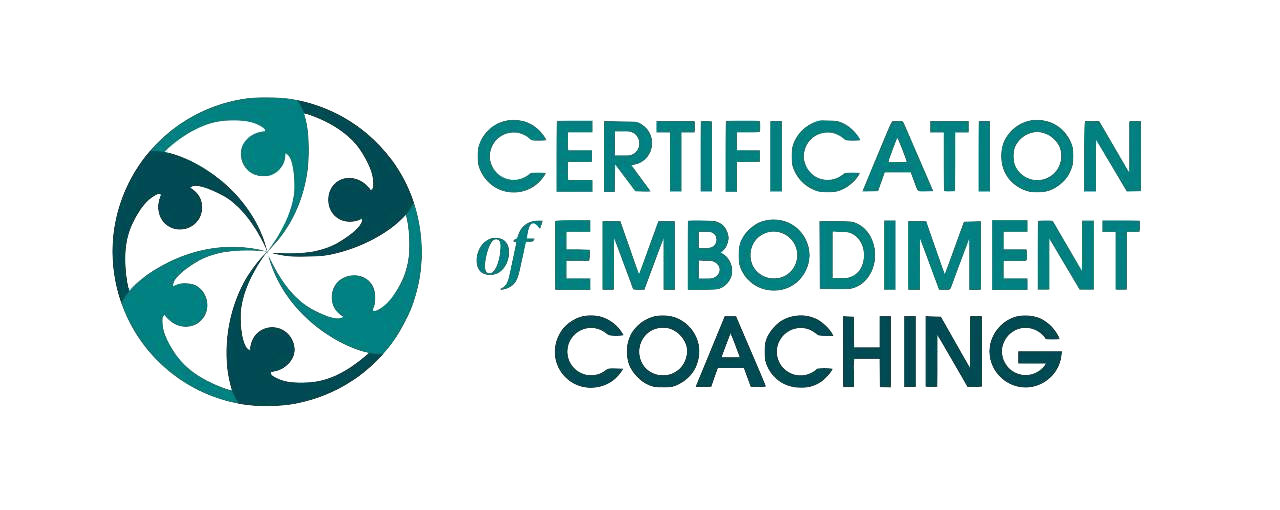Horse behavior
Horse behavior - these big animals, loved by so many people who are willing to spend large sums of money on them, also seem to be quite a mystery sometimes.
They spook, jump sideways, and do many other unexpected moves which catch us by surprise.
But is horse behavior really so surprising and unexpected?
Or is it maybe on us to get to know them better?
Horsemanship and horse behavior
In the past decades, horsemanship has become the new trend. Learn the language of the horse, learn to communicate better, and you will understand horse behavior. This is a great movement, just unfortunately often leaves out the most basic points of how we can really change horse behavior to be less dangerous for us.
I have personally followed many of the new gurus who were teaching this "new" concept. Some books were complicated and I did not grasp all the concepts right away.
Other authors are great sales people, selling easier to read programs which proclaim that if you follow steps 1, 2, 3 and so on in exactly this order, you will immediately achieve results, and that this can be learned by everyone.
Sounds easy, is fun, and no doubt we also learn from these programs.
However, fact is, and this is often not said in these books or online programs, it takes a lot of time, a lot of effort, and most importantly, an open mind.
Horsemanship is not a new concept
Horses have been part of humanity since thousands of years. They were living and working with us, carrying us through battles, on all our journeys, carrying our weights or our luggage, and pulling our wagons and ploughs.
We were living side by side with them, day by day, and that is why we got to know them very well, and they us.
This is such an important factor which we are not taking into consideration these days!
Nowadays, majority of riders keep their own horses at a livery yard, we pay other people to feed them, muck their stables, in many part of the world (like the UAE where I live now, but this is certainly not the only place!) we even have grooms brushing them, cleaning them, and saddling them before we arrive.
How can you expect to learn about horse behavior if you never see your horse for what it is - a living being?
We behave like princesses who come and sit on the ready "machine" whenever it is convenient for us, and expect the horse to listen to us and be obedient at all times???
Even the real prince in the old days would have more contact with his horses, starting his career as a squire, then a knight traveling on long journeys with his horse, before he would reach the status of prince or king, and even then he was often living in walking distance from the stable and would supervise what was going on with the horses.
The horse's needs
Another big difference from former days, and which leads to a lot of trouble these days, is that we don't keep the horses busy anymore.
Although I see many riders who only want the best for their horse, buying the best shavings, the most expensive supplements, the best fitting saddle, toys, blankets, bandages, fly masks etc.....
yet, they often do not meet the most basic needs of the horse:
The 3 basic needs apart from food and shelter:
Movement, fresh air and friends.
Majority of sports horses, or "pets" (the horses we keep for pleasure), are confined all day to small cages without any social contact to other horses, without the option to choose if they want to lay in the sand, stand in the sun or the shade, without being able to get away from strange noises or smells - and this is what really leads to huge problems, which we then try and "cure" with more and more tools: stronger bits, spurs, draw reins, whips.
People in the old days would think much simpler and hence the problems never got as big!
Of course, I don't know if the working horses in the old days were truly happy.
I am sure there were also many overworked horses, with not enough food and no medical treatment. But it was the same for the people caring for them, also they did not have an easy life in those days.
But at least they had work and they were not standing around all day waiting and going into a comatose state...
Most horses we see today in the stables are only able to cope with their life because they have completely shut down.
Unfortunately horses don't have a sound for pain, and being a prey animal, in general are rather quiet and try not to show any pain or weakness as this might lead to the predator going for them next.
But this stoic stillness is also what makes them such an easy victim.
We walk into a stable with 30 locked up horses, and hear no sound, therefore assuming that everything is fine.
Dare to be different!
If you have problems with your horse's behavior, before consulting books, online courses and expensive trainers, try to look at the much simpler facts first!
Don't think too much about food, supplements, the bit you are using or the saddle:
First, think whether you are really meeting your horses needs!
Does it get enough time outside with his friends?
Is it a social horse that learns all the rules of social interaction from being with other horses?
You are not a substitute for that, and a horse that tests a human because it never properly learned the basic social rules of horse behavior is simply dangerous for us.
Believe me, I have seen it many times:
A horse who lives in a herd with other horses, behaves completely different than one who is locked up in a stable alone!
Just this one aspect makes such a huge different in horse behavior, and will solve majority of your problems.
Unfortunately, in many cases it requires human strength to change the lives of our horses for the better.
I remember when I wanted to move my show jumping horse in the 1990's into a yard where he would live in a small herd with other ponies outside during the day, but still inside individual boxes at night to be able to sleep and get individually customized feed.
I felt sorry for him being locked up all day in a small stable, and wanted to change his life.
But everyone knew better! So many people in the old stable were telling me off!
Even the veterinary told me that this was not the right thing to do, only sick or old horses were supposed to live in groups, and he might get hurt if I let him together with other horses!
It took so much courage to just follow my gut feeling and act against what everyone around me was advising.
Yet, I have never regretted it, and I learned that just because the majority thinks so, this does not mean that they are right.
A very important life lesson I took from that time!
Take your own decisions, even if the majority thinks differently!
Luckily, I was the owner of the horse and got to decide.
I have since been many times in the situation where I wanted to change the life of a horse, but because I was not the one paying the monthly bills, it was out of my hands.
It hurts me to see the horses suffer without being able to truly help them, and knowing the cause of their behavior which could be changed so easily.
But the weather...
Yes, I have to agree that the climate in the United Arab Emirates and surrounding countries is very harsh.
It is not like in Europe where we can just keep the horses outdoors all day long.
But we have the nights! Why do most stables not make use of the nights and just use the weather as an excuse to never let the horses out?
Because everyone is still afraid for the same reasons I heard already 20 years ago:
Their horse could get hurt!
That precious animals which is costing them thousands of Dirhams every month, and in a country where yes, the vets are very expensive too.
Well, since a recent accident I had, my views have slightly changed on that:
I would rather the horse gets a few scratches or bruises from other horses, but I stay accident free because I deal with a horse that behaves safe around humans and has enough other opportunities without me to get rid of his energy and learn some basic social manners and proper horse behavior.
So, by using the night, we can already extend many weeks of the year where the weather is fine for horses to be outside. In winter, they can be outside day and night. In the warmer months, we may need to keep them cool during the day, but if we leave them out at night there are many months were this works for the majority of horses.
Which brings me to the second point in regards to the weather:
I have seen and met many horses who stay outdoors in the shade all year round even here, and they don't die from the heat.
Which horses are these?
Well, Arabs of course!
The breed that has adapted to this weather since thousands of years...
A warmblood, a friesian, or even a Finnish horse are simply not supposed to be here!
This is again our human ego wanting to have the best dressage horses or show jumpers no matter where we live, but we are not taking into consideration the basic needs of the animal and completely ignoring the fact that they are not suited to this weather.
Unfortunately, I have seen this drifting more and more in the wrong direction... it's a sad thing again that money controls everything.
We see these great horses the other people in the stable have, and feel that we should also have the same, and that an Arabian is "not good enough".
Sadly, most imported horses who come here as excellent horses suffer quickly - from the wrong way of keeping them, from the weather, etc. After a few years they are literally discarded, nobody wants to have them, and those who have the money would rather buy a "fresh" horse from overseas than dealing with a problematic one that is already here.
This situation has brought more and more horses into the country which are not adapted to the climate, and yes which really suffer from the weather, making us again locking them up in small, dark air-conditioned stables for months in a row, often standing in darkness for 24 hours...
And then you really still wonder about strange horse behavior?
Sorry, I know these are hard things and we don't like to hear or read these. But it is the truth, and it makes me sad that most riders, who in their heart actually love horses, neglect the truth so much because it is difficult to admit, because it is difficult to be different, and to act in the better interest of others, not ourselves....
If you are open and willing to truly learn about horse behavior, if you have come to this point and are not scared to hear the truth, I heartily recommend the YouTube Channel of "Think Like a Horse" for lessons on horse behavior.
Rick Core radically speaks the truth, and if you accept his way of telling it to you, you can learn so much from his videos, which will help you understand horse behavior much better!
I would like to hear your thoughts and comments!
Newsletter subscription
Sign up to my newsletter to stay up to date with upcoming courses, new information added to the website, and more news related to horse guided education in the UAE.
